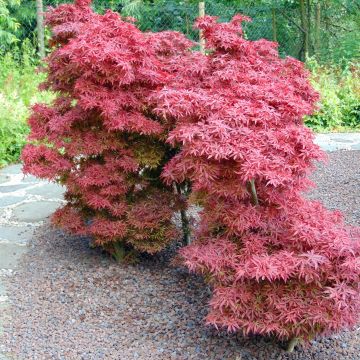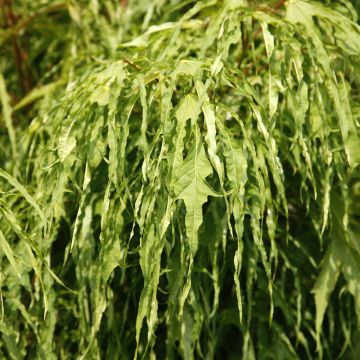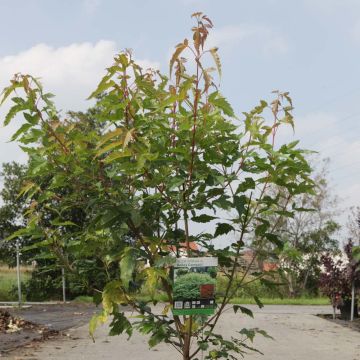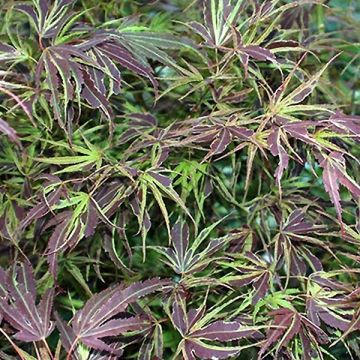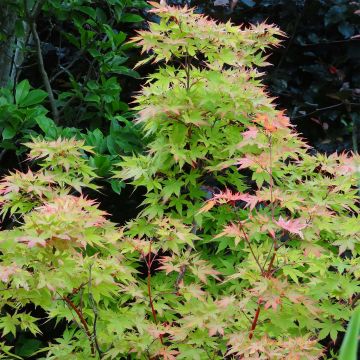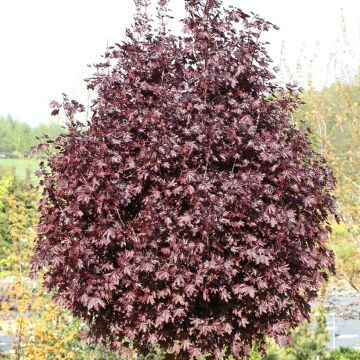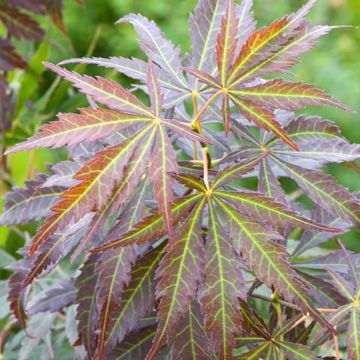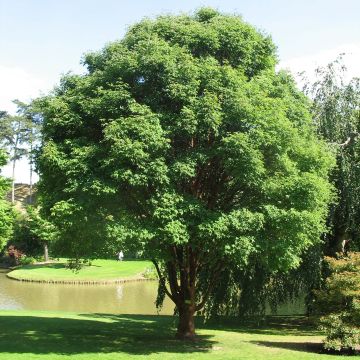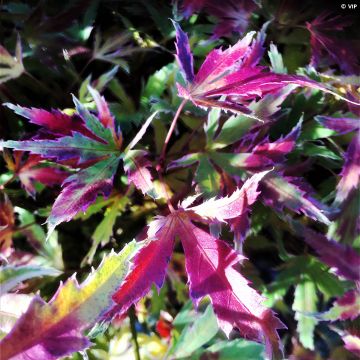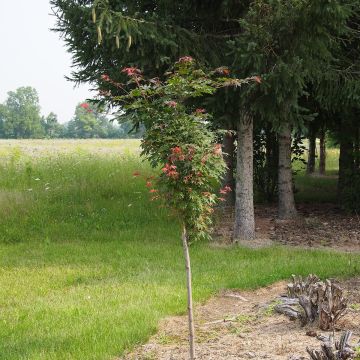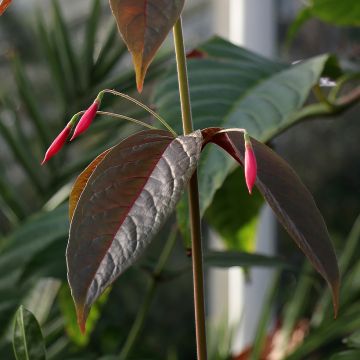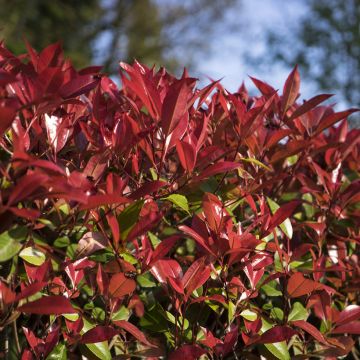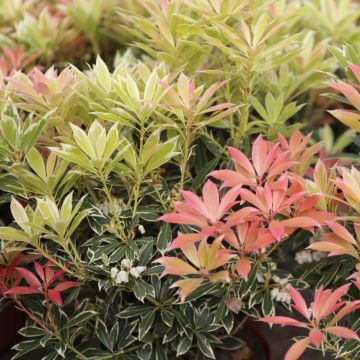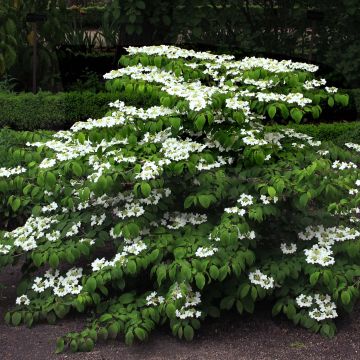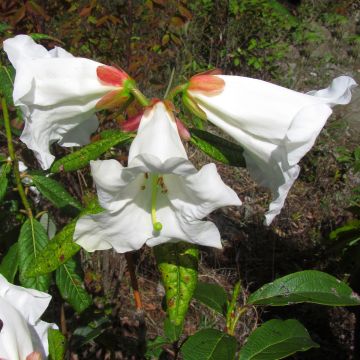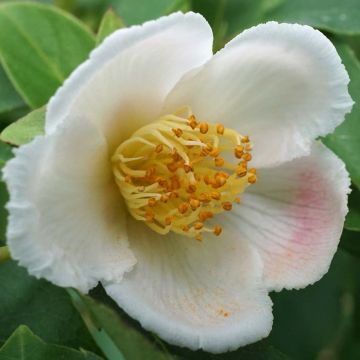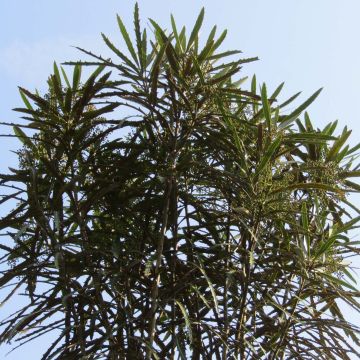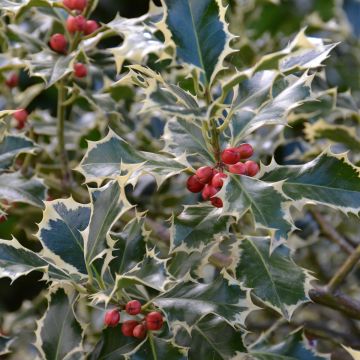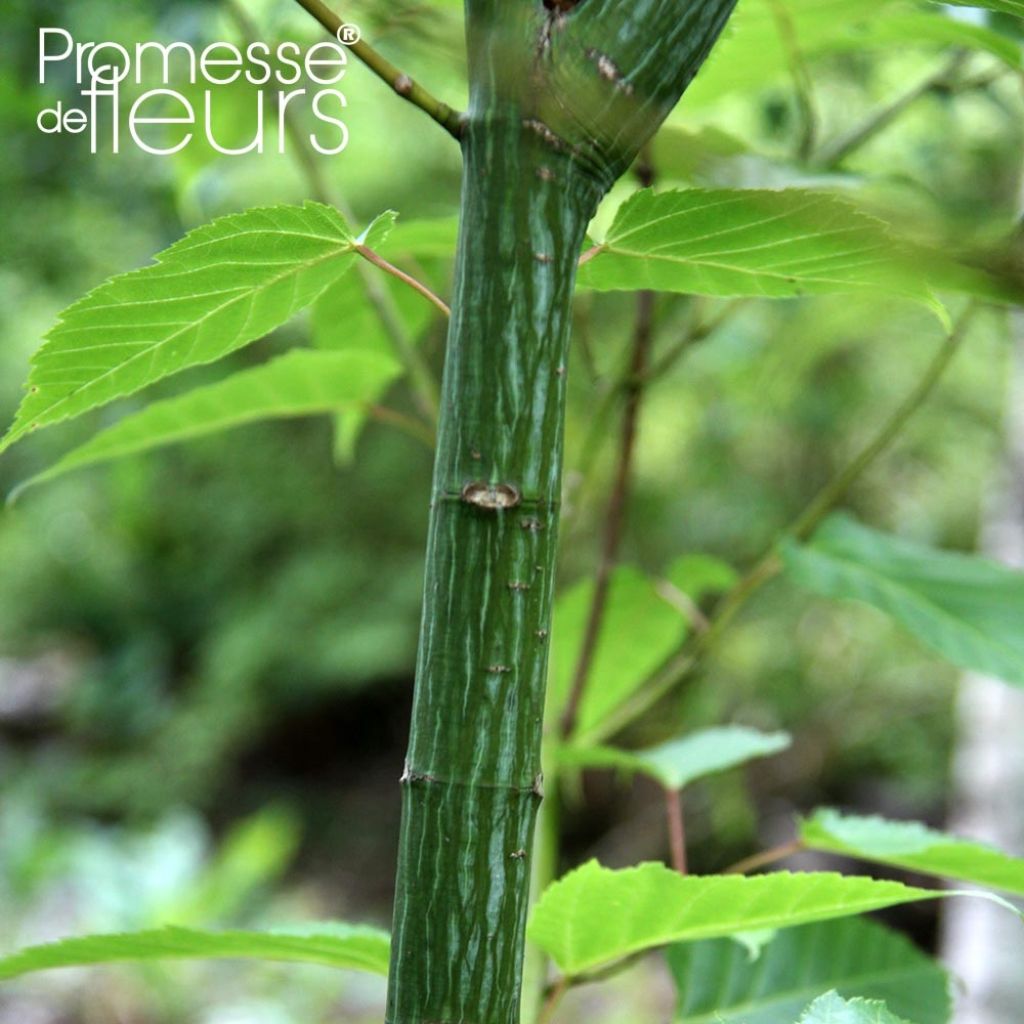

Acer rufinerve - Maple
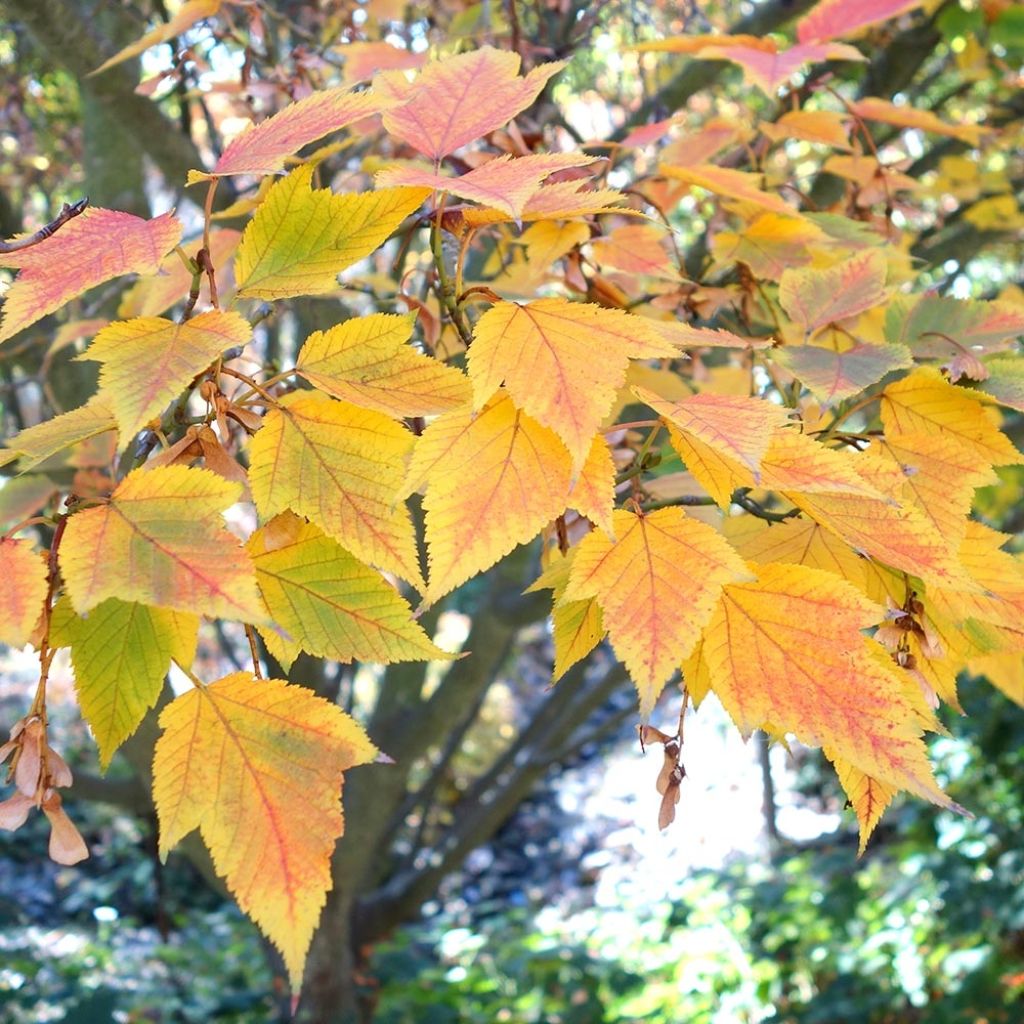

Acer rufinerve - Maple
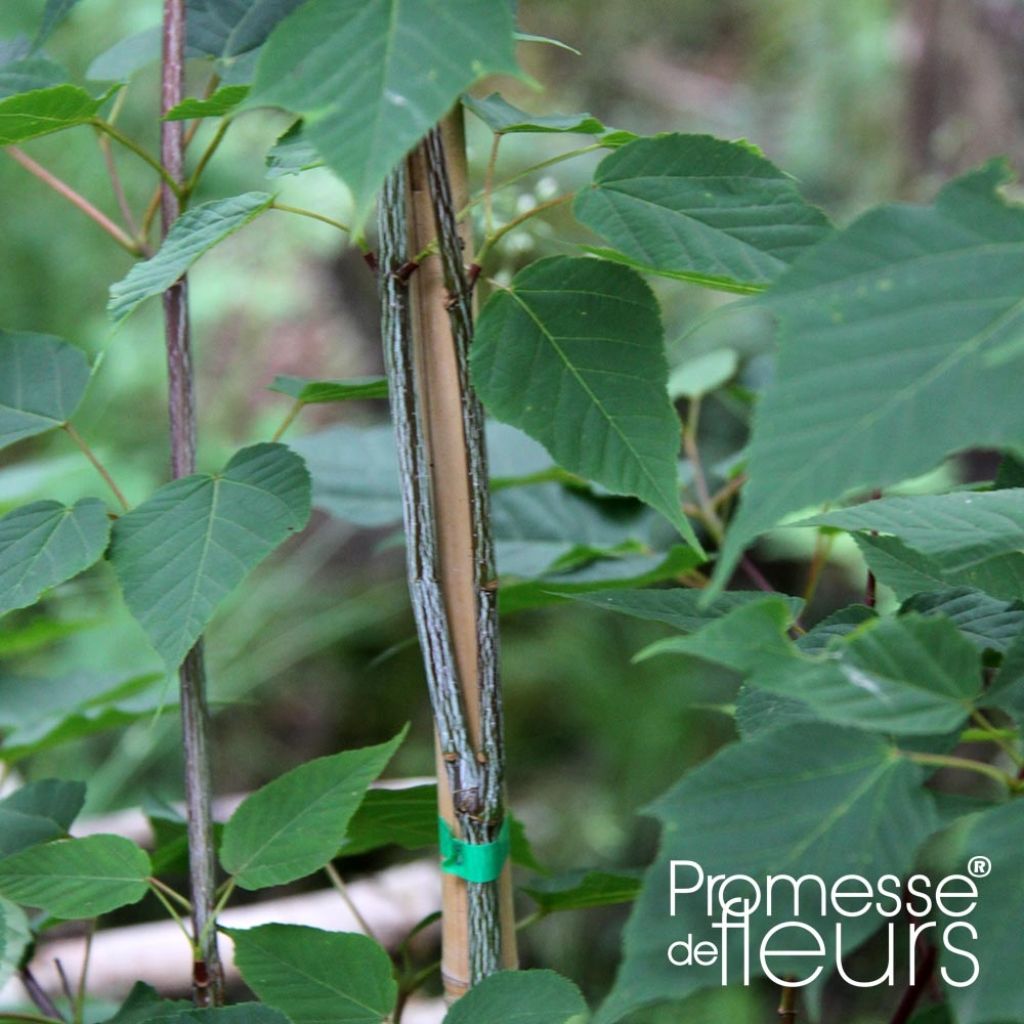

Acer rufinerve - Maple
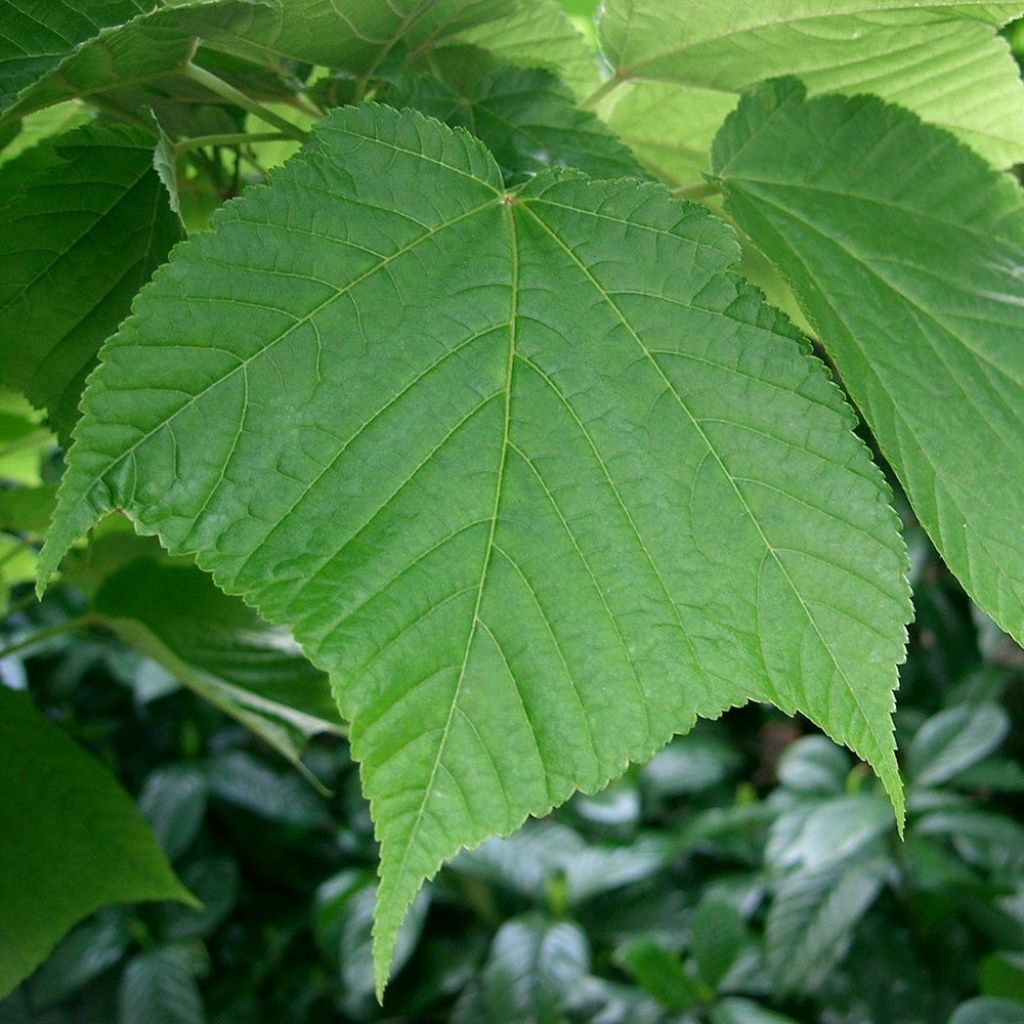

Acer rufinerve - Maple
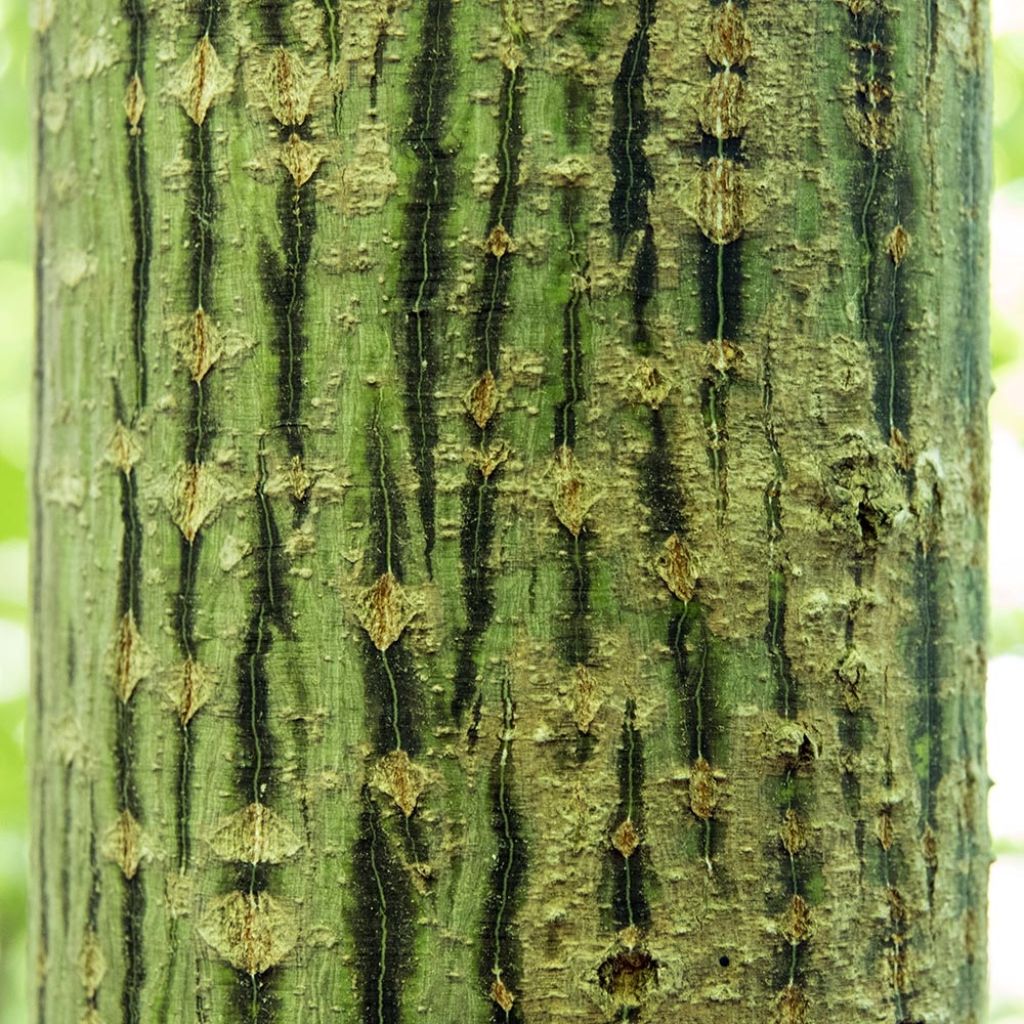

Acer rufinerve - Maple
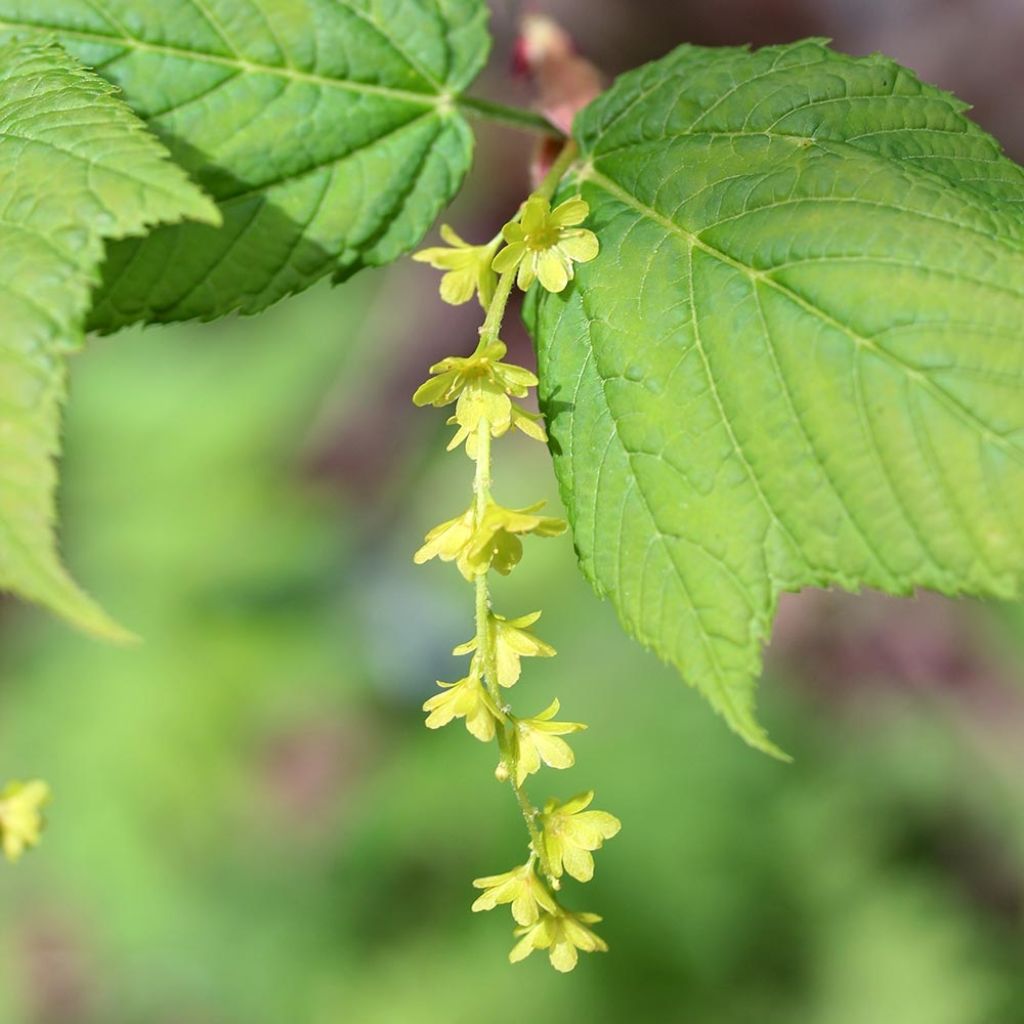

Acer rufinerve - Maple
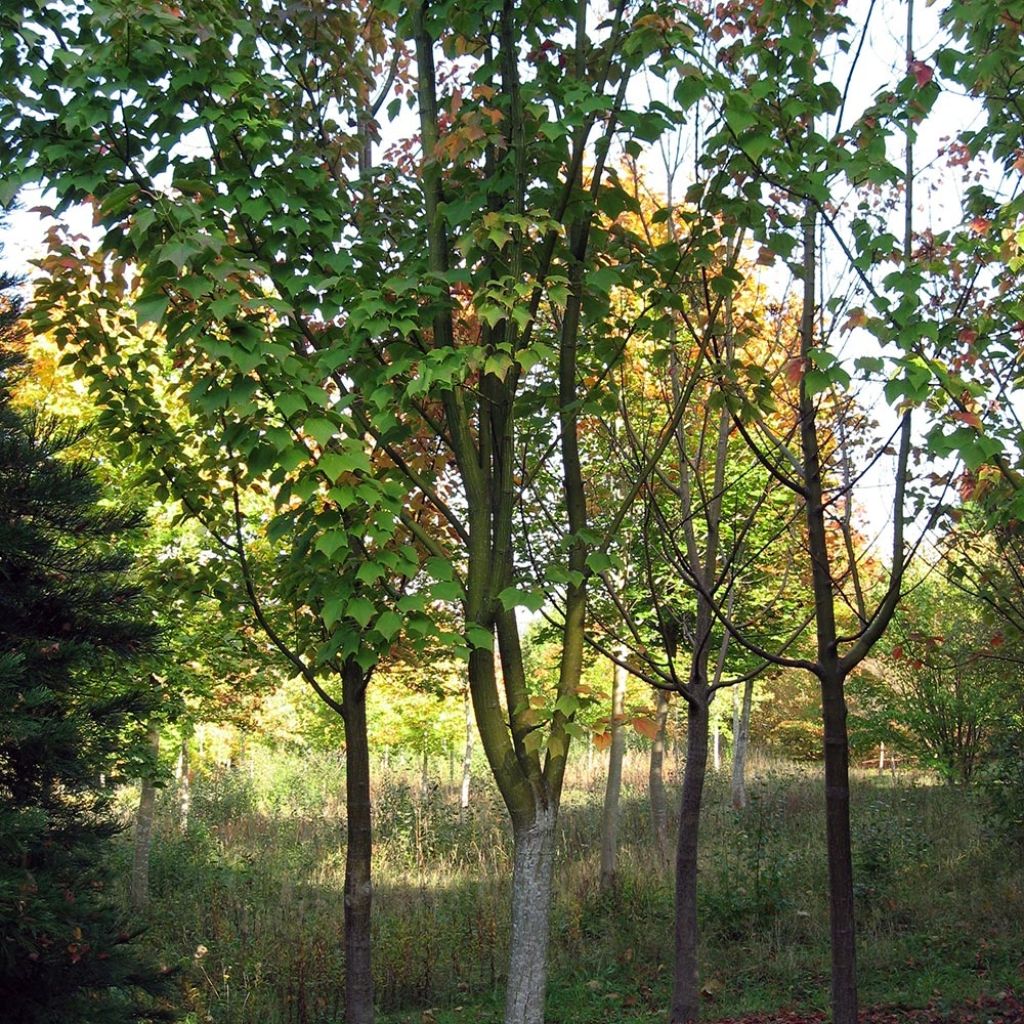

Acer rufinerve - Maple
Acer rufinerve - Maple
Acer rufinerve
Grey Snake-bark Maple
Special offer!
Receive a €20 voucher for any order over €90 (excluding delivery costs, credit notes, and plastic-free options)!
1- Add your favorite plants to your cart.
2- Once you have reached €90, confirm your order (you can even choose the delivery date!).
3- As soon as your order is shipped, you will receive an email containing your voucher code, valid for 3 months (90 days).
Your voucher is unique and can only be used once, for any order with a minimum value of €20, excluding delivery costs.
Can be combined with other current offers, non-divisible and non-refundable.
Home or relay delivery (depending on size and destination)
Schedule delivery date,
and select date in basket
This plant carries a 24 months recovery warranty
More information
We guarantee the quality of our plants for a full growing cycle, and will replace at our expense any plant that fails to recover under normal climatic and planting conditions.
Would this plant suit my garden?
Set up your Plantfit profile →
Description
The Acer rufinerve, or grey-barked Snakebark maple, is a small Japanese tree with spectacular greenish-white striped bark. In autumn, its trilobed leaves turn a fiery orange-red. It thrives in the understorey or shrub layer, in the shade of larger trees, in an acid to neutral soil, well-drained but remaining moist, and protected from cold winds.
The Vine-leaf maple, as it is also called, belongs to the botanical Sapindaceae family (which has incorporated the former maple family, Aceraceae). This species, native to high-altitude forests in Japan, is part of the group of Snakebark maples, which have an incredible, stylised striped bark, like Acer davidii and Acer capillipes. With Acer rufinerve, the stripes are grey-white on an apple green trunk, marked with diamond-shaped spots (the lenticels). The effect tends to fade with age, giving way to a beautiful mahogany - but don't worry, you'll still enjoy it for 20 to 25 years!
The leaves of this maple, with their textured appearance, are soft green and have three lobes ending in a large point. In autumn, they take on sumptuous orange and red hues (sometimes even violet, depending on the year), which literally set the garden ablaze. The discreet, yellow-green flowering occurs in April, giving rise to winged fruits ("helicopters") in decorative clusters. Slim at first, then slightly wider with age, the tree can either be trained on a single trunk, or on multiple trunks, magnifying the remarkable visual effect of the bark. It is fairly slow-growing in the first few years, but it can eventually reach 8 to 10 m (26 ft to 33 ft) in height and 4 to 7 m (13 ft to 23 ft) in spread.
Although very hardy, Acer rufinerve does have a few requirements that should be respected if it is to develop successfully. In its natural habitat, it is a sub-canopy tree, meaning it grows under larger trees. Therefore, it requires partial to full shade, protected from harsh direct sunlight as well as from cold winds, which it dislikes. Give it deep, loose, humus-rich soil, acidic to neutral (but not chalky), well-drained but remaining moist. In heavy soil, Snakebark maples are often susceptible to verticillium wilt, a fungal disease that clogs vessels and causes branch dieback. Add a generous amount of well-rotted compost to the surface, or a free-draining element such as horticultural grit to the bottom of the hole if your soil is not light enough.
Reserve a special place for this maple where you can admire its bark even in winter, preferably visible from the house. Combine it with other trees with interesting bark like Cinnamon maple, Prunus maackii, Betula albosinensis 'Fascination', or near bamboos like Fargesia 'Blue Dragon'. Grow Japanes plants around it like Japanese grass (Hakonechloa macra), Fatsia japonica 'Spider Web', or Athyrium niponicum 'Pictum' painted ferns for a striking, stylised look.
Report an error about the product description
Acer rufinerve - Maple in pictures
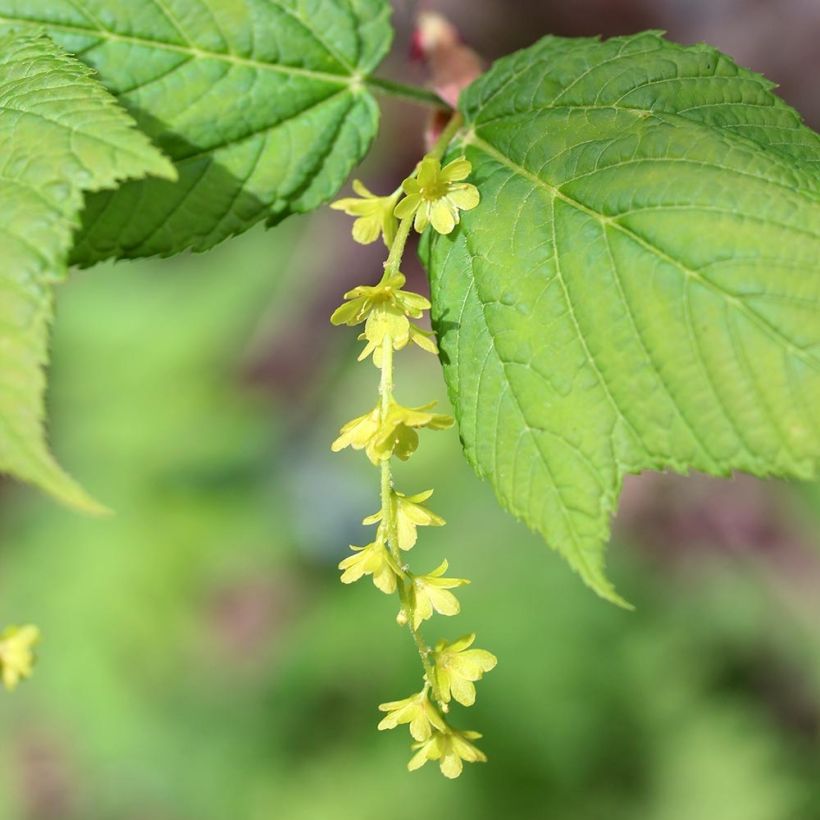

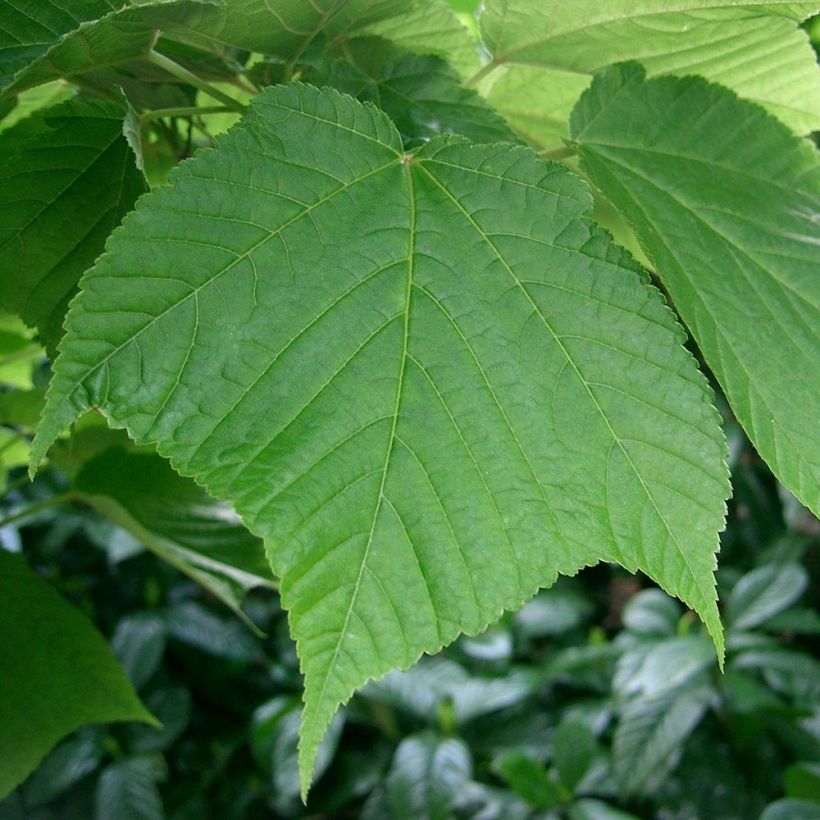

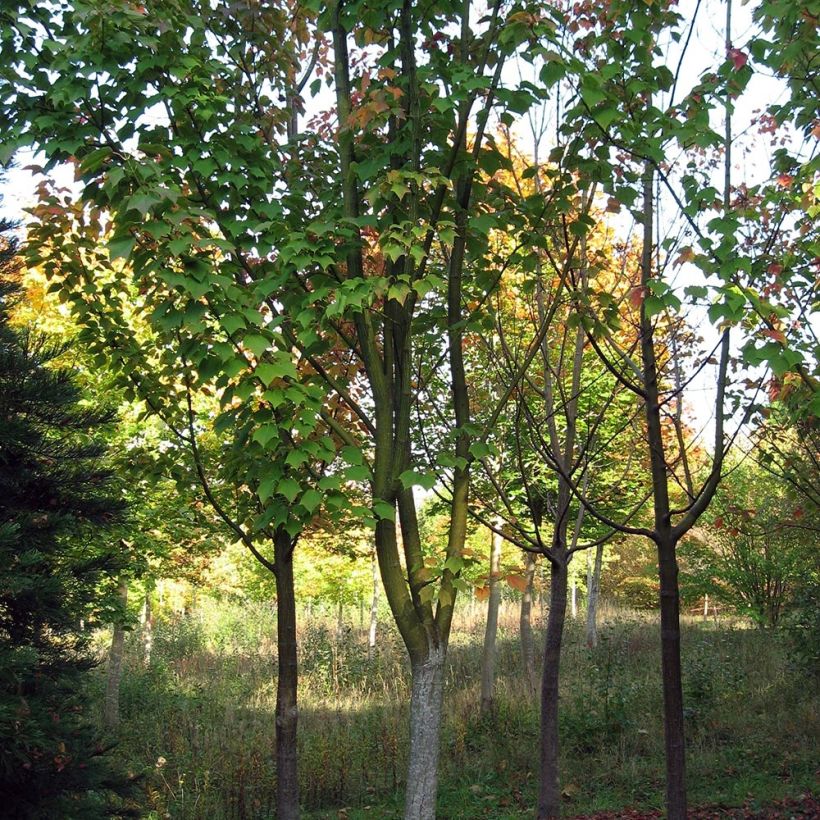

Plant habit
Flowering
Foliage
Bark
Botanical data
Acer
rufinerve
Sapindaceae
Grey Snake-bark Maple
East Asia
Other Acer - Maple tree
View all →Planting and care
The Acer rufinerve should planted in spring or autumn in a deep, moist, fertile, well-drained soil, acidic to neutral, (lime-free), rich in humus, and preferably in a semi-shaded position. Avoid exposure to the morning sun that could destroy the buds at the end of winter in the event of a frost. The soil should remain moist throughout the year without being waterlogged. Beware of strong winds. Keep the soil moist during the first two summers after planting. Mulching can be used to maintain soil moisture. Formative pruning is necessary to shape young plants, and then prune again every 3 years to balance the canopy and maintain a harmonious shape. Avoid pruning after December as the sap rises early.
Planting period
Intended location
Care
This item has not been reviewed yet - be the first to leave a review about it.
Similar products
Haven't found what you were looking for?
Hardiness is the lowest winter temperature a plant can endure without suffering serious damage or even dying. However, hardiness is affected by location (a sheltered area, such as a patio), protection (winter cover) and soil type (hardiness is improved by well-drained soil).

Photo Sharing Terms & Conditions
In order to encourage gardeners to interact and share their experiences, Promesse de fleurs offers various media enabling content to be uploaded onto its Site - in particular via the ‘Photo sharing’ module.
The User agrees to refrain from:
- Posting any content that is illegal, prejudicial, insulting, racist, inciteful to hatred, revisionist, contrary to public decency, that infringes on privacy or on the privacy rights of third parties, in particular the publicity rights of persons and goods, intellectual property rights, or the right to privacy.
- Submitting content on behalf of a third party;
- Impersonate the identity of a third party and/or publish any personal information about a third party;
In general, the User undertakes to refrain from any unethical behaviour.
All Content (in particular text, comments, files, images, photos, videos, creative works, etc.), which may be subject to property or intellectual property rights, image or other private rights, shall remain the property of the User, subject to the limited rights granted by the terms of the licence granted by Promesse de fleurs as stated below. Users are at liberty to publish or not to publish such Content on the Site, notably via the ‘Photo Sharing’ facility, and accept that this Content shall be made public and freely accessible, notably on the Internet.
Users further acknowledge, undertake to have ,and guarantee that they hold all necessary rights and permissions to publish such material on the Site, in particular with regard to the legislation in force pertaining to any privacy, property, intellectual property, image, or contractual rights, or rights of any other nature. By publishing such Content on the Site, Users acknowledge accepting full liability as publishers of the Content within the meaning of the law, and grant Promesse de fleurs, free of charge, an inclusive, worldwide licence for the said Content for the entire duration of its publication, including all reproduction, representation, up/downloading, displaying, performing, transmission, and storage rights.
Users also grant permission for their name to be linked to the Content and accept that this link may not always be made available.
By engaging in posting material, Users consent to their Content becoming automatically accessible on the Internet, in particular on other sites and/or blogs and/or web pages of the Promesse de fleurs site, including in particular social pages and the Promesse de fleurs catalogue.
Users may secure the removal of entrusted content free of charge by issuing a simple request via our contact form.
The flowering period indicated on our website applies to countries and regions located in USDA zone 8 (France, the United Kingdom, Ireland, the Netherlands, etc.)
It will vary according to where you live:
- In zones 9 to 10 (Italy, Spain, Greece, etc.), flowering will occur about 2 to 4 weeks earlier.
- In zones 6 to 7 (Germany, Poland, Slovenia, and lower mountainous regions), flowering will be delayed by 2 to 3 weeks.
- In zone 5 (Central Europe, Scandinavia), blooming will be delayed by 3 to 5 weeks.
In temperate climates, pruning of spring-flowering shrubs (forsythia, spireas, etc.) should be done just after flowering.
Pruning of summer-flowering shrubs (Indian Lilac, Perovskia, etc.) can be done in winter or spring.
In cold regions as well as with frost-sensitive plants, avoid pruning too early when severe frosts may still occur.
The planting period indicated on our website applies to countries and regions located in USDA zone 8 (France, United Kingdom, Ireland, Netherlands).
It will vary according to where you live:
- In Mediterranean zones (Marseille, Madrid, Milan, etc.), autumn and winter are the best planting periods.
- In continental zones (Strasbourg, Munich, Vienna, etc.), delay planting by 2 to 3 weeks in spring and bring it forward by 2 to 4 weeks in autumn.
- In mountainous regions (the Alps, Pyrenees, Carpathians, etc.), it is best to plant in late spring (May-June) or late summer (August-September).
The harvesting period indicated on our website applies to countries and regions in USDA zone 8 (France, England, Ireland, the Netherlands).
In colder areas (Scandinavia, Poland, Austria...) fruit and vegetable harvests are likely to be delayed by 3-4 weeks.
In warmer areas (Italy, Spain, Greece, etc.), harvesting will probably take place earlier, depending on weather conditions.
The sowing periods indicated on our website apply to countries and regions within USDA Zone 8 (France, UK, Ireland, Netherlands).
In colder areas (Scandinavia, Poland, Austria...), delay any outdoor sowing by 3-4 weeks, or sow under glass.
In warmer climes (Italy, Spain, Greece, etc.), bring outdoor sowing forward by a few weeks.






























